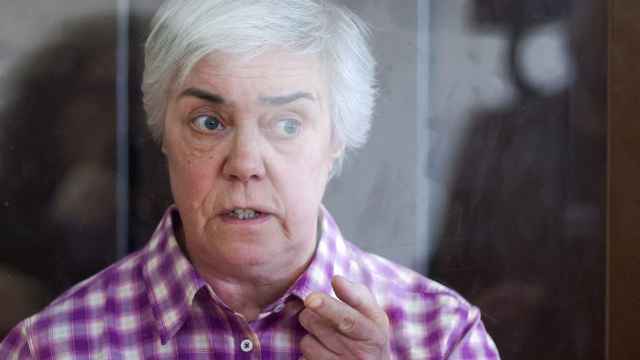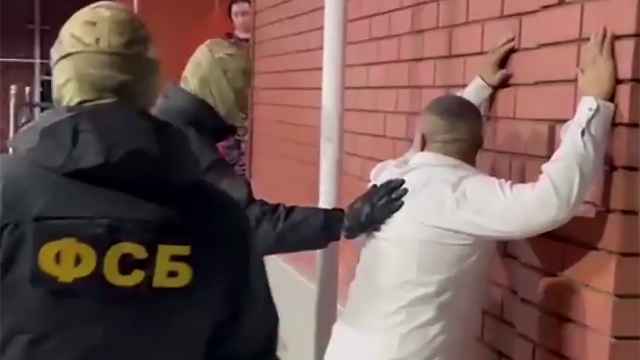A Russian pipeline to China will replace the Nord Stream 2 gas link to Europe, abandoned amid the Ukraine conflict, Moscow's Energy Minister Alexander Novak said Thursday.
Asked in an interview with Russian television channel Rossiya-1 if Russia would replace the European Nord Stream 2 with the Asian Force Siberia 2, Novak said: "Yes."
Earlier in the day, the minister, on the sidelines of a visit to Uzbekistan, said Russia and China would soon sign agreements on the delivery of "50 billion cubic meters of gas" per year via the future Force 2 pipeline in Siberia.
This volume will almost represent the maximum capacity of Nord Stream 1 — 55 billion cubic meters in total — which has been shut down since Sept. 2.
A third of Russian gas supplies to the European Union had passed through the strategic pipeline, which links Russia to Germany.
Force Siberia 2 will fuel China's energy-guzzling economy, partly via Mongolia.
Construction is due to start in 2024.
It will therefore replace the Nord Stream 2 project, long backed by Germany but which Washington viewed dimly, and which the West has scrapped since the Russian offensive in Ukraine began in late February.
Russian gas exports to the EU "will drop by around 50 billion cubic meters" in 2022, Novak said.
At the same time, the Russian minister said that Gazprom, operator of the Force of Siberia 1 gas pipeline that has linked the Chaiandina field to northeastern China since the end of 2019, would "increase its deliveries" to reach "20 billion cubic meters of gas" each year.
The linking of the Kovytka field, near Lake Baikal, to the pipeline in early 2023 will help achieve the increase.
By 2025, when it reaches its maximum capacity, the pipeline will produce 61 billion cubic metres of gas per year, more than Nord Stream 1, of which 38 billion cubic meters will go to China under a 2014 contract signed between Gazprom and its Chinese counterpart CNPC.
The two sides also signed agreements to build a new transit route from Vladivostok in Russia's Far East to northern China, bringing in an additional 10 billion cubic meters of gas, the energy ministry said Thursday.
A Message from The Moscow Times:
Dear readers,
We are facing unprecedented challenges. Russia's Prosecutor General's Office has designated The Moscow Times as an "undesirable" organization, criminalizing our work and putting our staff at risk of prosecution. This follows our earlier unjust labeling as a "foreign agent."
These actions are direct attempts to silence independent journalism in Russia. The authorities claim our work "discredits the decisions of the Russian leadership." We see things differently: we strive to provide accurate, unbiased reporting on Russia.
We, the journalists of The Moscow Times, refuse to be silenced. But to continue our work, we need your help.
Your support, no matter how small, makes a world of difference. If you can, please support us monthly starting from just $2. It's quick to set up, and every contribution makes a significant impact.
By supporting The Moscow Times, you're defending open, independent journalism in the face of repression. Thank you for standing with us.
Remind me later.






